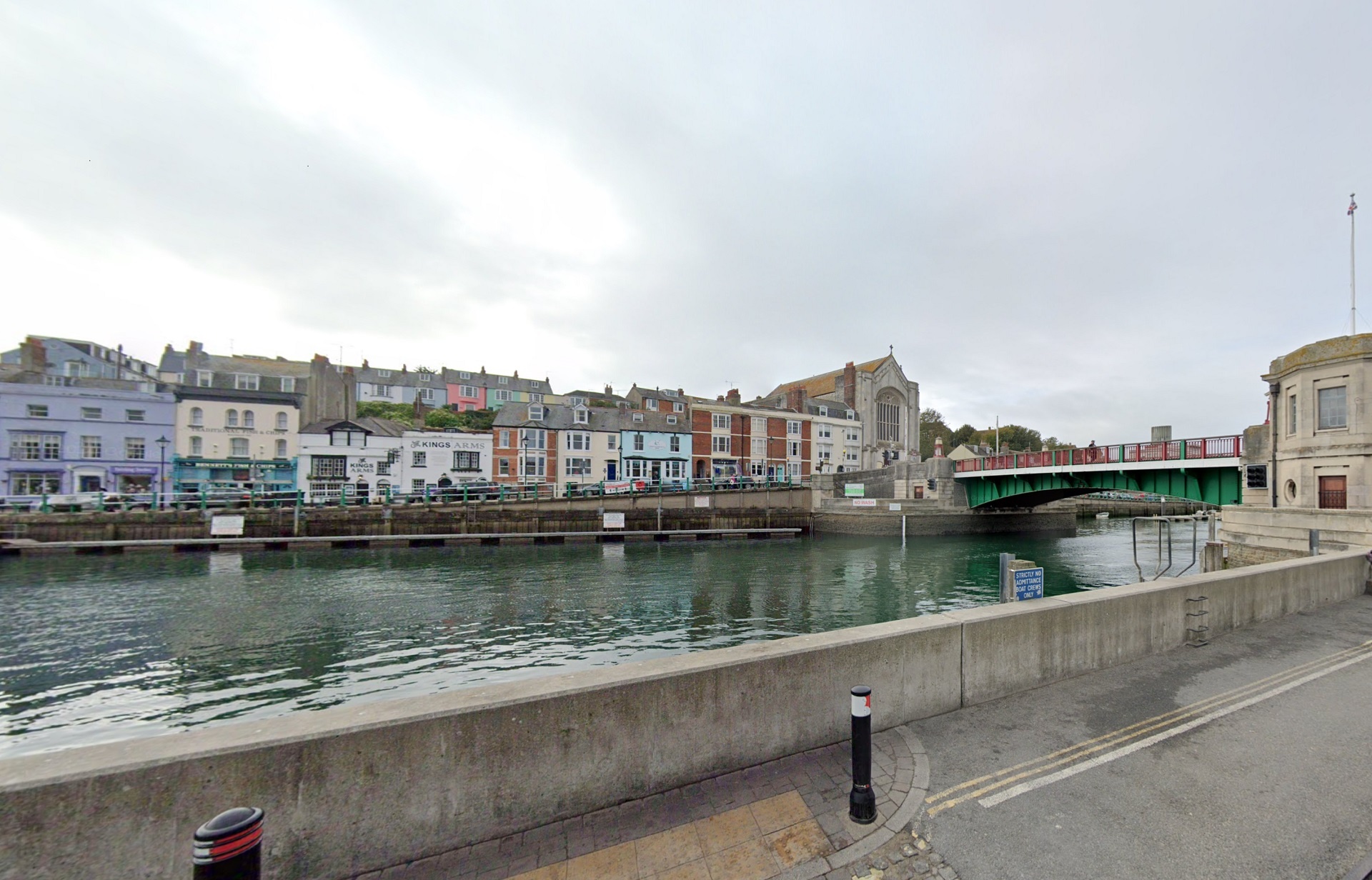Councillors have backed the first budget of the new Dorset Council at a meeting held on Wednesday 20 February. The new unitary authority, Dorset Council, will be formed on 1 April 2019 and will replace the six county, district and borough councils.
Members of Shadow Dorset Council voted in favour of the budget proposals for 2019/20, which provide a balanced budget for the year ahead.
The budget for Dorset Council ensures that services previously delivered by the borough, district and county councils will continue to be provided to residents unchanged. There is also significant additional funding for social care, waste collection and homelessness.
Balancing the budget
The new Dorset Council will have a balanced budget for 2019/20, despite facing significant financial pressures like many councils across the country. These pressures are due to:
- growing demand for services such as social care for vulnerable elderly and disabled people, and support for children with special educational needs, as our population profile changes
- rising costs due to inflation (for example, utility bills, contracts, etc)
- reduced funding from central government
Officers and councillors from across the county, district and borough councils have been working together over the last year to bring the finances for six councils into one new organisation, with one budget of £295m.
The reorganisation of councils in Dorset has enabled significant savings to be made:
- A reduction in the number of councillors from 204 to 82 delivers £400k in savings
- A reduction in the number of senior officer roles, and where there is duplication and overlap across central services like finance, HR, IT and others achieves savings of over £5m
- Additional savings have been made on insurance, audit fees and other activities where the council will only have to pay for one organisation rather than six.
These savings have been reinvested into council services for residents, protecting them from cuts.
Investing in services for residents
While providing a balanced budget, Dorset Council will also see an increase in funding to a number of important services. Headlines include:
- An additional £5.8m for the care and education of children
- An additional £900k to increase the number of foster carers
- An additional £1.372m for rubbish collection, recycling and street cleaning services delivered by Dorset Waste Partnership
- An additional £1.5m for social care services for vulnerable disabled and elderly adults
- An additional £150k towards tackling homelessness.
Fees and Charges
Local services in different areas of Dorset such as car parks and leisure centres will continue to be provided unchanged, at the same prices.
However, services which are standardised and provided county-wide, such as Planning, Building Control, Local Searches and Licensing, will have aligned fees so that everyone pays the same amount for the same service.
Harmonising Council Tax Rates
From 1 April 2019, all residents in the new Dorset Council area will pay a standard council tax rate for Dorset Council. This is called Council Tax Harmonisation. This was agreed by councillors to be the most equitable approach as almost all council services are provided in a standard way for residents across the new council area. Previously, council tax rates varied across the five district and borough councils.
Council tax is charged on the household and is based on the value of the property. The amount of council tax residents pay depends on which property band their home is in and any discounts or exemptions that apply.
The average Band D rate for Dorset Council will be £1629.75. This does not include charges for town or parish councils, Police or Fire & Rescue Services.
Protecting services
Councillor Tony Ferrari, Lead Member for Finance for the Shadow Dorset Council, said:
“Replacing six county, district and borough councils with one new unitary council has enabled us to make significant savings and efficiencies by removing duplication across the old councils. The money saved has been reinvested so Dorset Council will continue to deliver all services previously provided by the district, borough and county councils. And importantly we have also been able to invest significant extra money into social care services for the growing numbers of adults with dementia, children with special educational needs, and other vulnerable people in Dorset.
This budget gets our new council off to an excellent start, providing protection for front-line services for residents. This investment would not have been possible without the reorganisation of local councils.”















